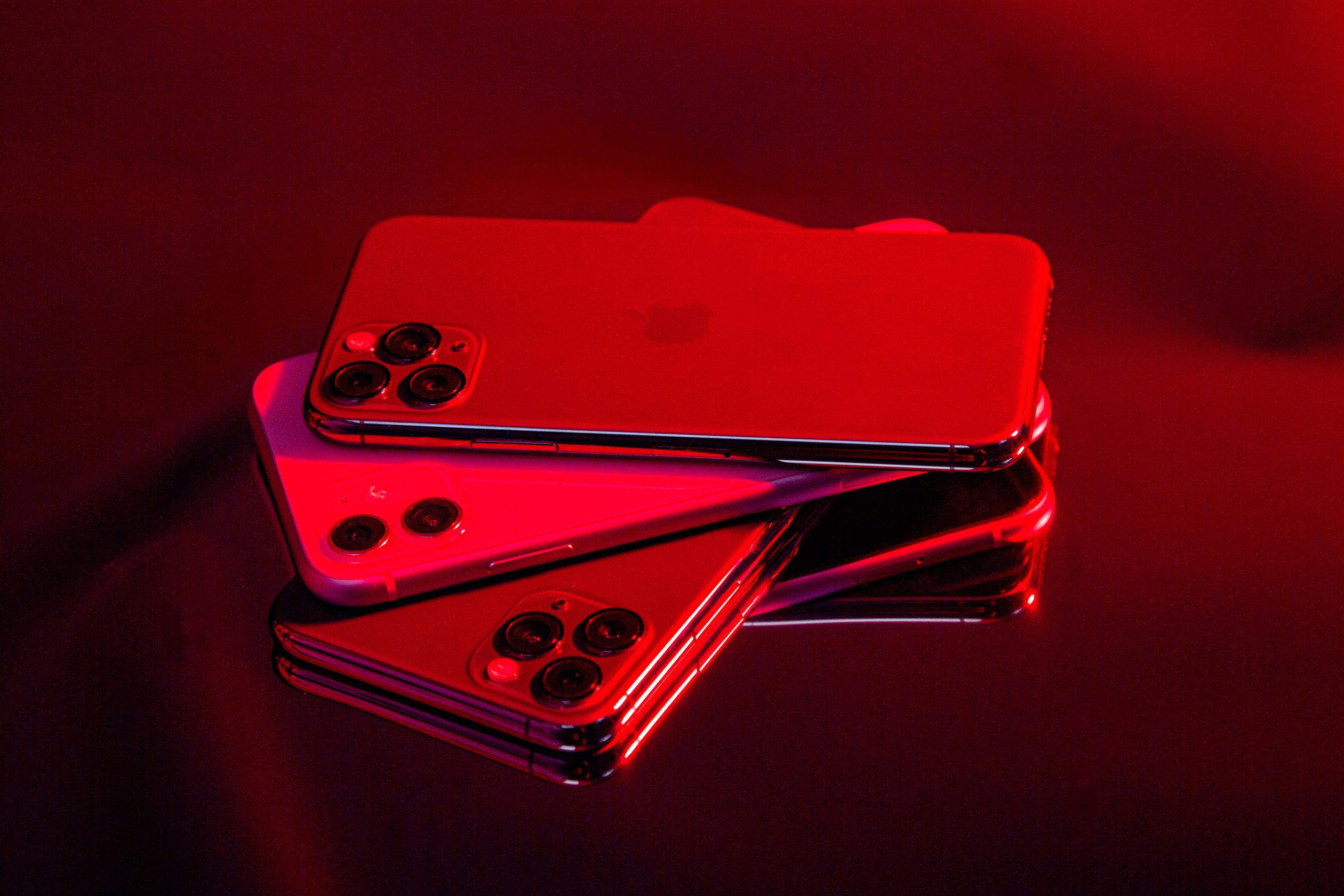- President Trump’s executive order could have a significant impact on iPhone shipments if Apple is required to remove WeChat from the App Store, says analyst Ming-Chi Kuo.
- iPhone shipments could decline by up to 30%, although the reports do not make it explicitly clear whether this refers to shipments specifically in China or globally.
- A best case scenario for Apple would only see WeChat removed from the US App Store, not the global App Store, says Kuo. iPhone shipments would only see a decline of up to 6% in that scenario.
- The executive order prohibits any transaction related to WeChat by any person or involving any property under the jurisdiction of the US.
- Visit Business Insider’s homepage for more stories.
President Trump’s executive order targeting WeChat, the wildly popular messaging app that’s become a mainstay of daily life in China, could have far-reaching impacts on Apple, potentially cutting iPhone shipments by up to 30%.
That’s according to the latest findings from TF International Securities analyst Ming-Chi Kuo, an analyst known for his predictions about Apple’s products and business.
If Apple is required to remove WeChat from the App Store because of the executive order, iPhone shipments could decline by between 25% and 30% in a worst case scenario, Kuo writes in his report, which was obtained by 9to5Mac, MacRumors, and Apple Insider. Annual shipments of other Apple products like the Mac, Apple Watch, and AirPods could also take a 15% to 25% hit, according to Kuo.
In a best case scenario, that only forces Apple to remove WeChat from its App Store in the United States, the ramifications would be significantly less severe, only possibly reducing iPhone shipments by between 3% and 6%. Other Apple products would only see a less than 3% decrease in this scenario, according to Kuo.
The reports do not explicitly clarify whether Kuo is referring to an overall decline in shipments or a decrease in product shipments specifically in China. But MacRumors said Kuo has specified to the publication that the 30% decline is in reference to global shipments.
On August 6, Trump issued an executive order taking aim at WeChat, citing concerns about national security.
"Like TikTok, WeChat automatically captures vast swaths of information from its users," the executive order reads. "This data collection threatens to allow the Chinese Communist Party access to Americans' personal and proprietary information."
The order, which would go into effect in 45 days, prohibits any transaction related to WeChat with Tencent by any person or involving any property that falls under the United States' jurisdiction. The president also implemented a similar executive order targeting the popular social media TikTok, which is owned by Chinese company ByteDance.
The extent to which the order is enforceable is unclear, and one First Amendment expert previously told Business Insider's Tyler Sonnemaker and Paige Leskin that the order could face legal scrutiny over concerns regarding free speech. The vague language also makes it difficult to tell exactly what will happen to WeChat in the next 45 days.
But since Apple has removed apps after receiving government requests in other countries, including India, which recently banned TikTok and WeChat, Kuo believes it's possible that the US government could make a similar ask of Apple, reports Apple Insider.
WeChat, owned by Chinese tech giant Tencent, is hugely popular in China - it's used for everything from making payments to hailing a taxi, shopping, and much more. If American companies like Apple are unable to offer WeChat on their phones in China, it could significantly lessen the appeal of such products in the region.
China is an important market for Apple; it's the company's third-largest market behind the United States and Europe, according to Apple's most recent earnings report. Although Apple has been focusing on other product segments like wearables and services in recent years, the iPhone is still its biggest moneymaker. Those businesses are also heavily dependent on Apple's iPhone installed base.

